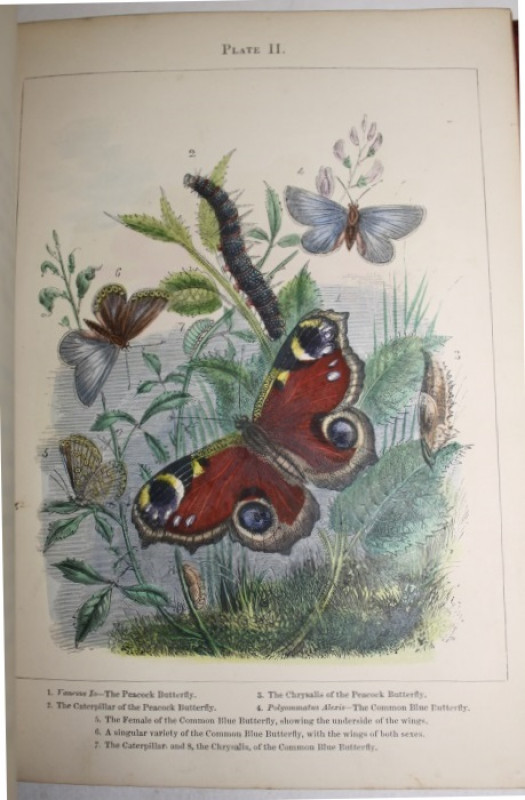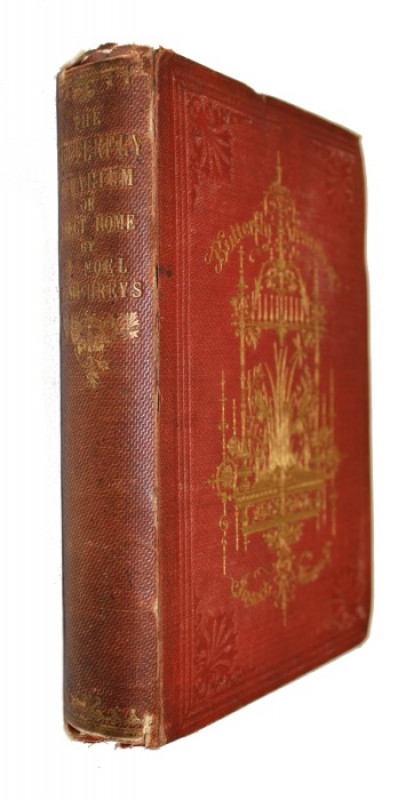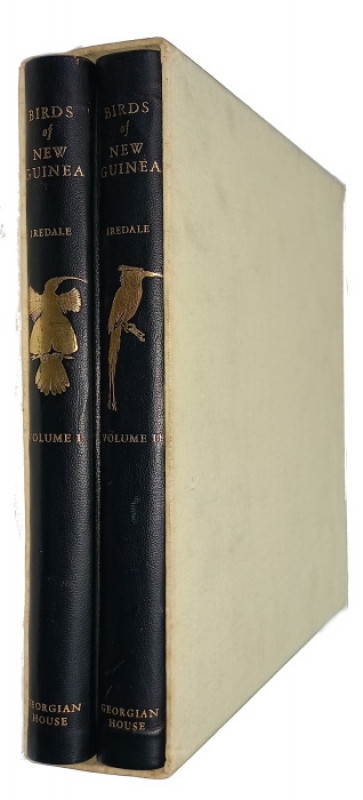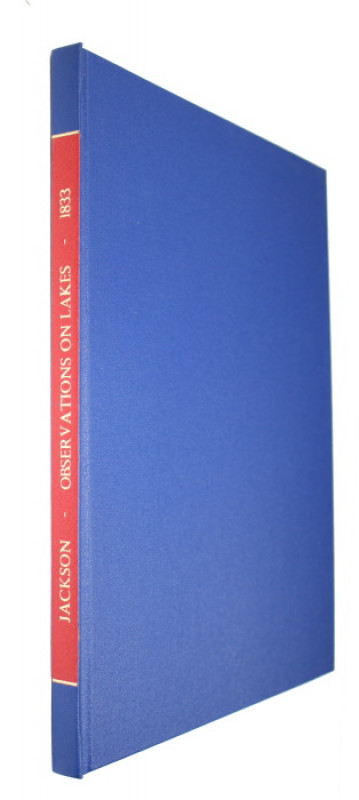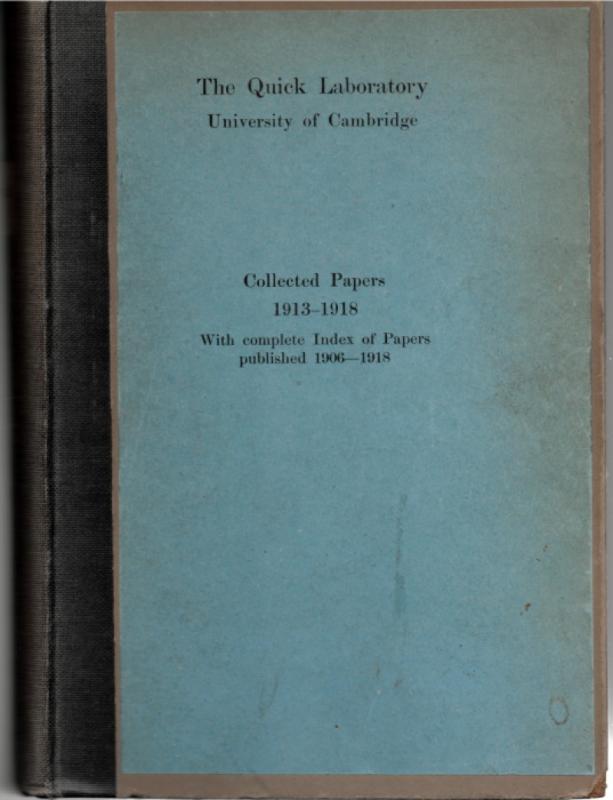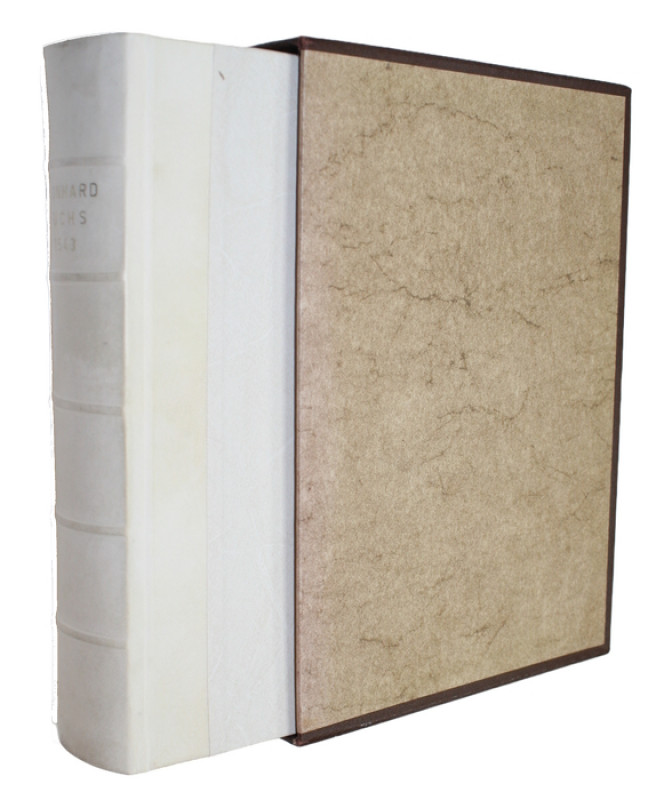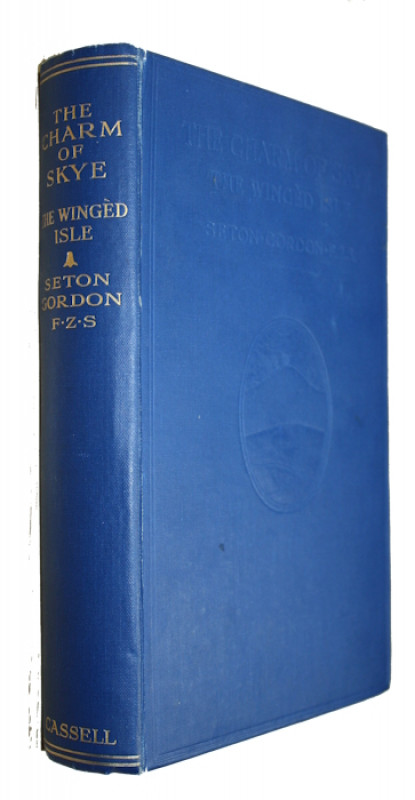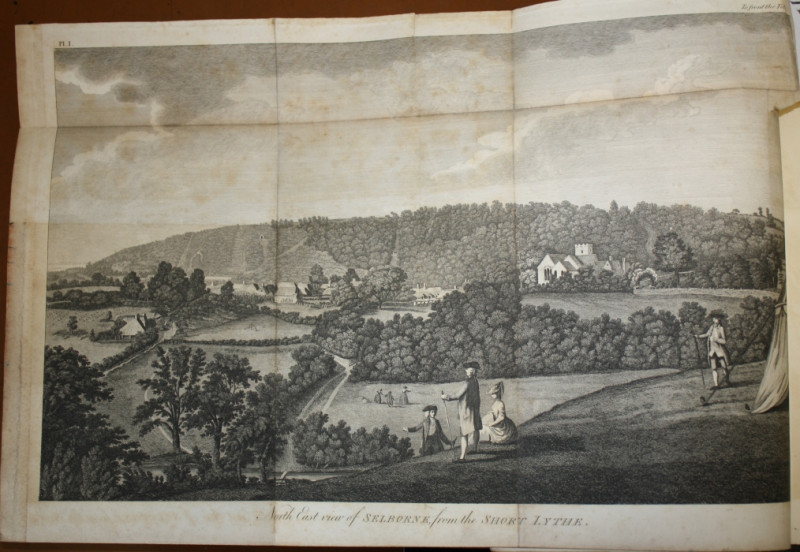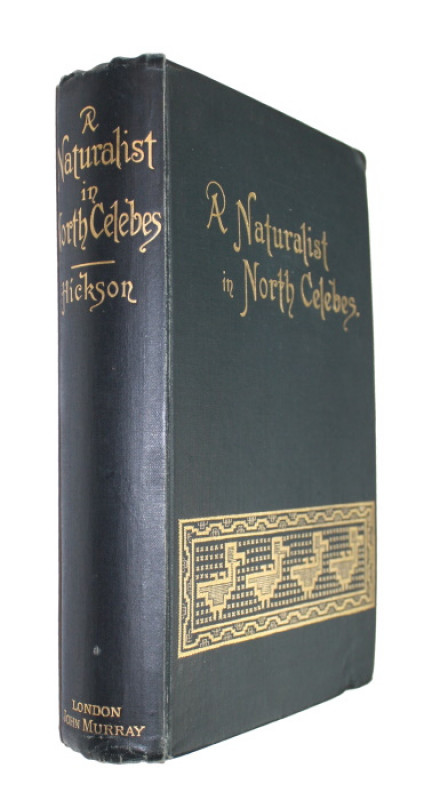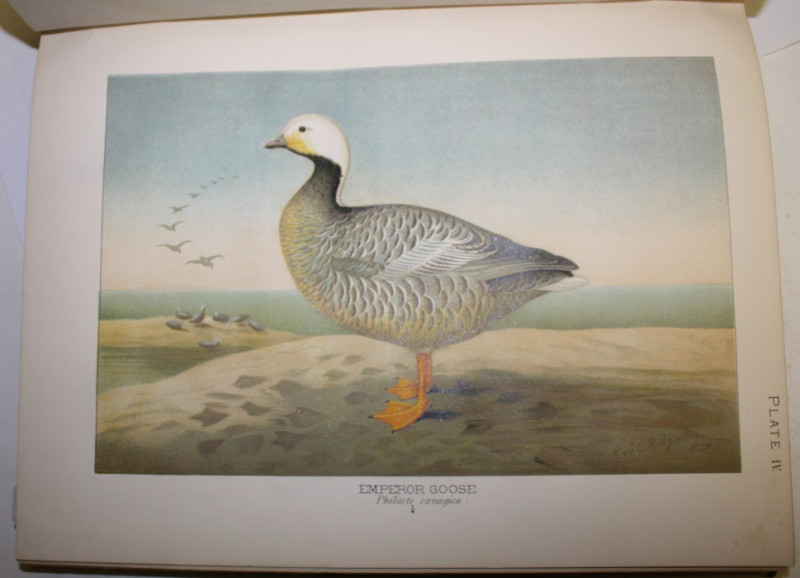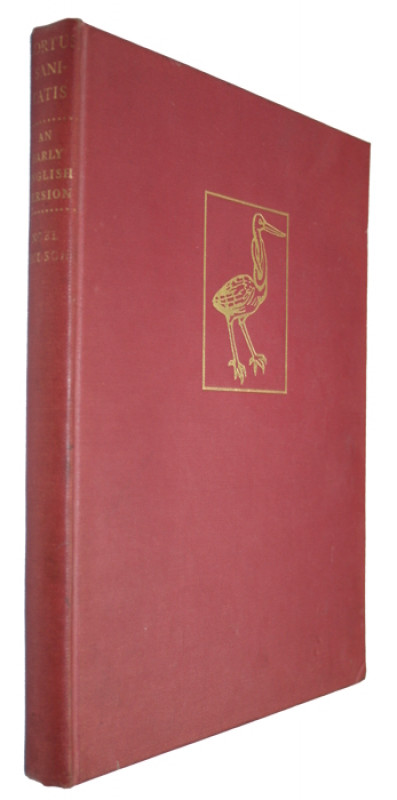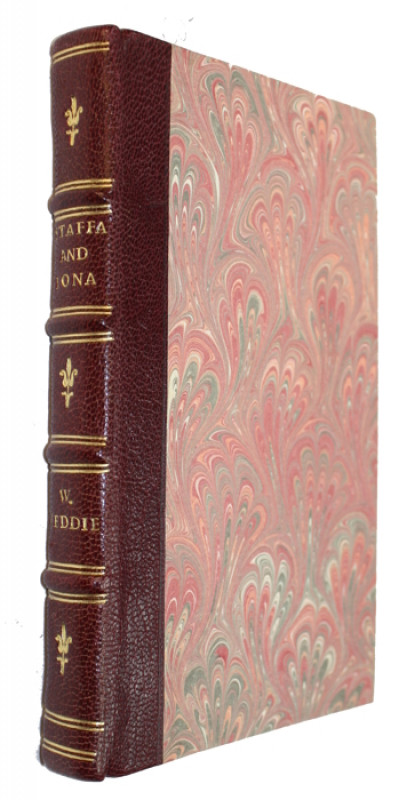The Butterfly Vivarium; or Insect Home: being an account of a new method of observing the curious metamorphoses of some of the most beautiful of our native insects
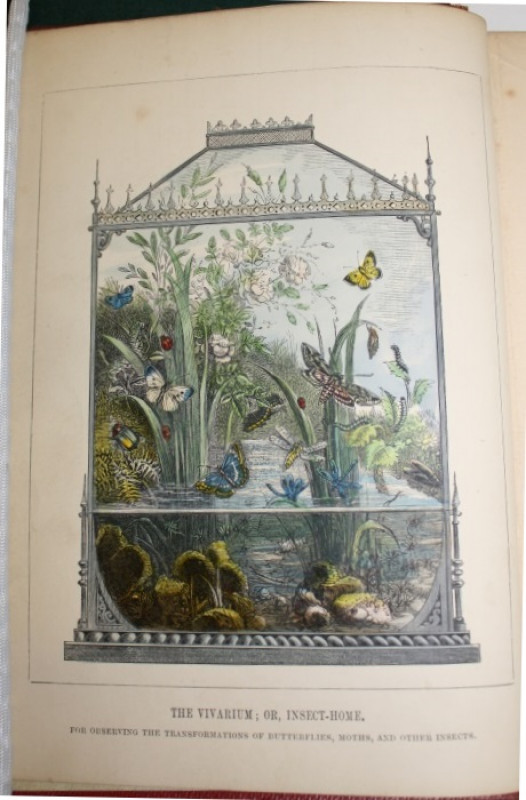



Book Description
8 hand-coloured engraved plates.
Cr. 8vo, orig. dec. cloth, gt, elaborate gilt design to front board, aeg, some wear to spine corners and joints, head/foot of spine frayed. Contents clean and crisp. Hand-coloured plates clean and bright.
Dealer Notes
This work, published during the peak of Victorian interest in natural history, instructed the reader how to build, stock and maintain an insect vivarium. The coloured frontispiece illustrates a highly decorative glass and zinc case, containing aquatic, land and flying insects. This idea was clearly influenced by the growing popularity of aquaria and ornamental fern cases. These had become part of the furniture of an educated, middle-class Victorian home. Indeed, Humphreys describes the structure of the "insect home" as a drawing room object and clearly expected it to provide both scientific and aesthetic interest.
Most of the book concentrates on the general biology of insects and how to collect and rear them. Various suggestions were made concerning the internal decoration of the case including; "pretty pebbles", "tasteful rock work", ornamental ferns and "small plants in flower". Tin or zinc tubes containing water were placed in the earth "in which stalks of different kinds of plants required for food of the caterpillars may be plunged". To keep the "miniature lake" clear, water snails and aquatic plants were recommended. Humphreys also wrote that to give the water a sense of life and movement even sticklebacks could be added!! Insects suitable for such a "little crystal palace" included species of dragonfly, the water beetle Hydrophilus piceus, the privet hawkmoth Sphinx ligustri, the clouded yellow Colias croceus, the peacock butterfly Inachis io and the orange tip Anthocaris cardamines. (Julie Harvey, 1989, AES Bulletin, 47)
Most of the book concentrates on the general biology of insects and how to collect and rear them. Various suggestions were made concerning the internal decoration of the case including; "pretty pebbles", "tasteful rock work", ornamental ferns and "small plants in flower". Tin or zinc tubes containing water were placed in the earth "in which stalks of different kinds of plants required for food of the caterpillars may be plunged". To keep the "miniature lake" clear, water snails and aquatic plants were recommended. Humphreys also wrote that to give the water a sense of life and movement even sticklebacks could be added!! Insects suitable for such a "little crystal palace" included species of dragonfly, the water beetle Hydrophilus piceus, the privet hawkmoth Sphinx ligustri, the clouded yellow Colias croceus, the peacock butterfly Inachis io and the orange tip Anthocaris cardamines. (Julie Harvey, 1989, AES Bulletin, 47)
Author
Humphreys, H.N.
Date
1858
Binding
HB
Publisher
William Lay
Condition
Very Good
Pages
xii, 288
Friends of the PBFA
For £10 get free entry to our fairs, updates from the PBFA and more.
Please email info@pbfa.org for more information
